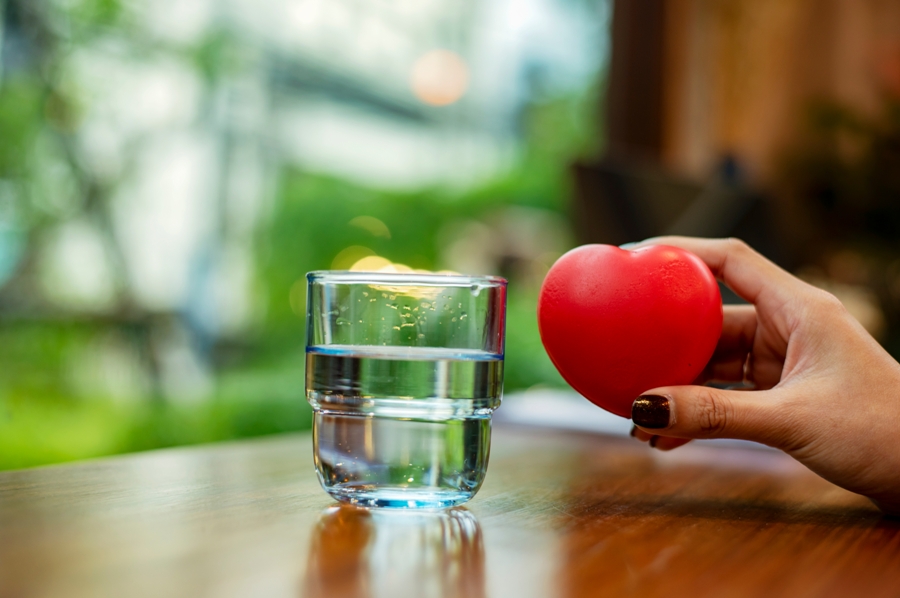If you want to boost your sense of wellbeing, and avoid the serious risks of dehydration, then hydration should be important to you all the time. Today, however, we’re taking a look at some of the times when rehydration needs to be specifically on your mind to help you avoid more serious symptoms.
Hangovers
Alcohol is a diuretic, which means it causes your body to shed its water reserves. This is why you wake up with a sore head after a night in the pub: you’re so dehydrated, the cells in your brain have shrunk and it’s pulling on your skull!
Other hangover symptoms can be traced back to dehydration too, as it’s not just water your body loses when it dehydrates. You also lose electrolytes – the salts dissolved in your water supplies. These have all sorts of important jobs around your body, from helping your muscles work to balancing the fluid levels in your cells. Taking hydration tablets for hangover symptoms can really help, because it helps you rehydrate and top up those electrolytes!
Working Out
Putting your body through the stress of a workout causes dehydration – you warm up, you sweat, you breathe harder and you lose fluids and electrolytes.
If you don’t pay attention to your hydration while you’re working out, you increase your risk of cramp and post-workout muscle aches. You can also launch yourself towards serious dehydration and all its risks at speed. Use an isotonic sports drink or other rehydration solution to make sure you’re topping up both fluids and electrolytes at the same time, and getting back to peak performance faster.
Illness
There are all sorts of ways that illness can dehydrate you: fevers raise your core temperature and can cause you to sweat, vomiting and dehydration both directly drain your fluid supplies and make it harder for you to replenish them, and whatever your symptoms, if you’re feeling sluggish and under the weather, you may simply have less energy and inclination to get up and get a glass of water.
If you’re ill, then staying hydrated is important – apart from the usual benefits, it also boosts your immune system and helps you feel better faster. Make the extra effort to keep hydrated! Try keeping a jug of water by your bed, sofa or wherever you’re resting so you have to get up to refill it less often.
If you’re suffering an upset stomach and have to deal with vomiting and diarrhea, make sure you have rehydration sachets to take to keep you hydrated and high in electrolytes until the symptoms pass.

